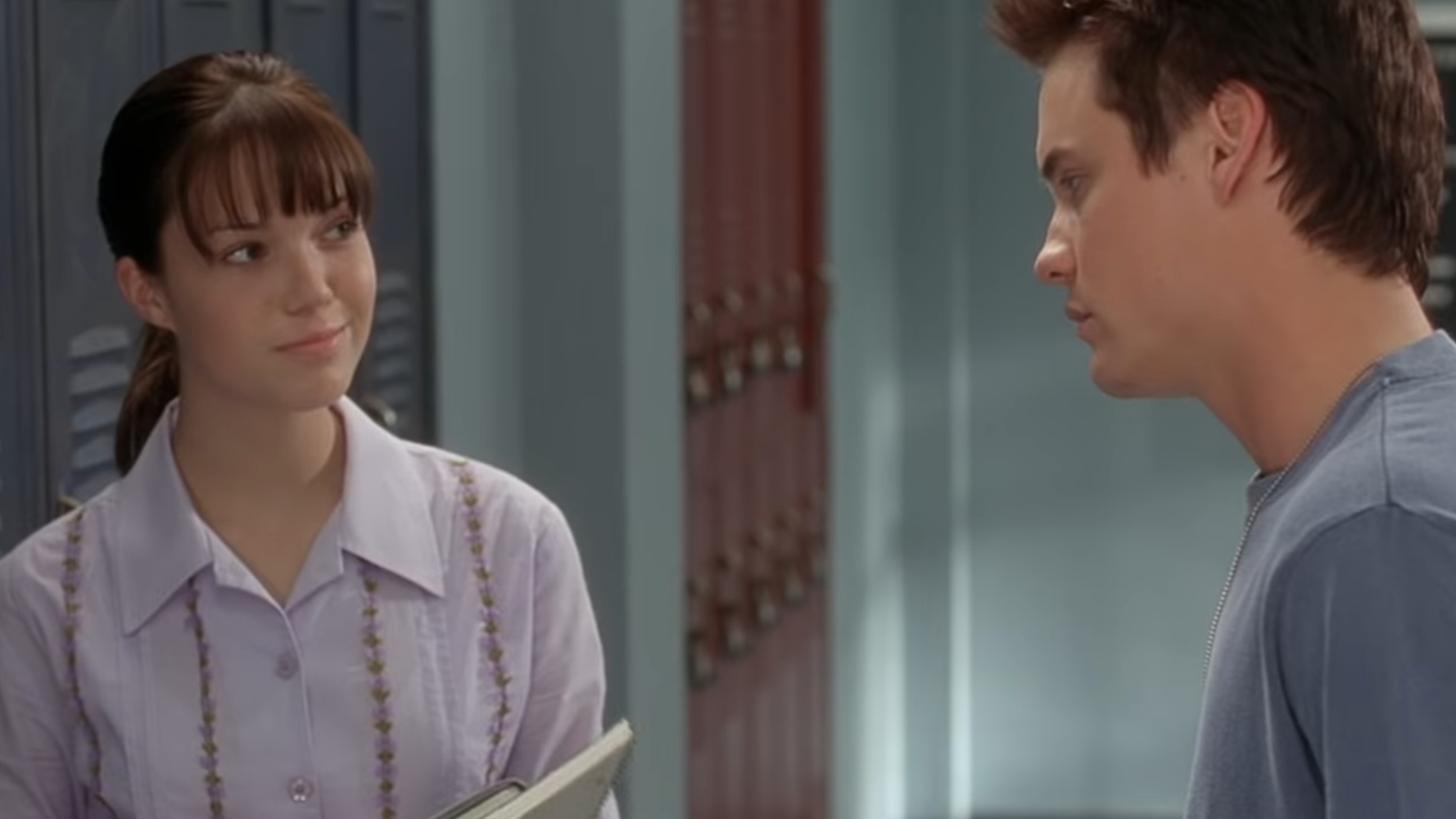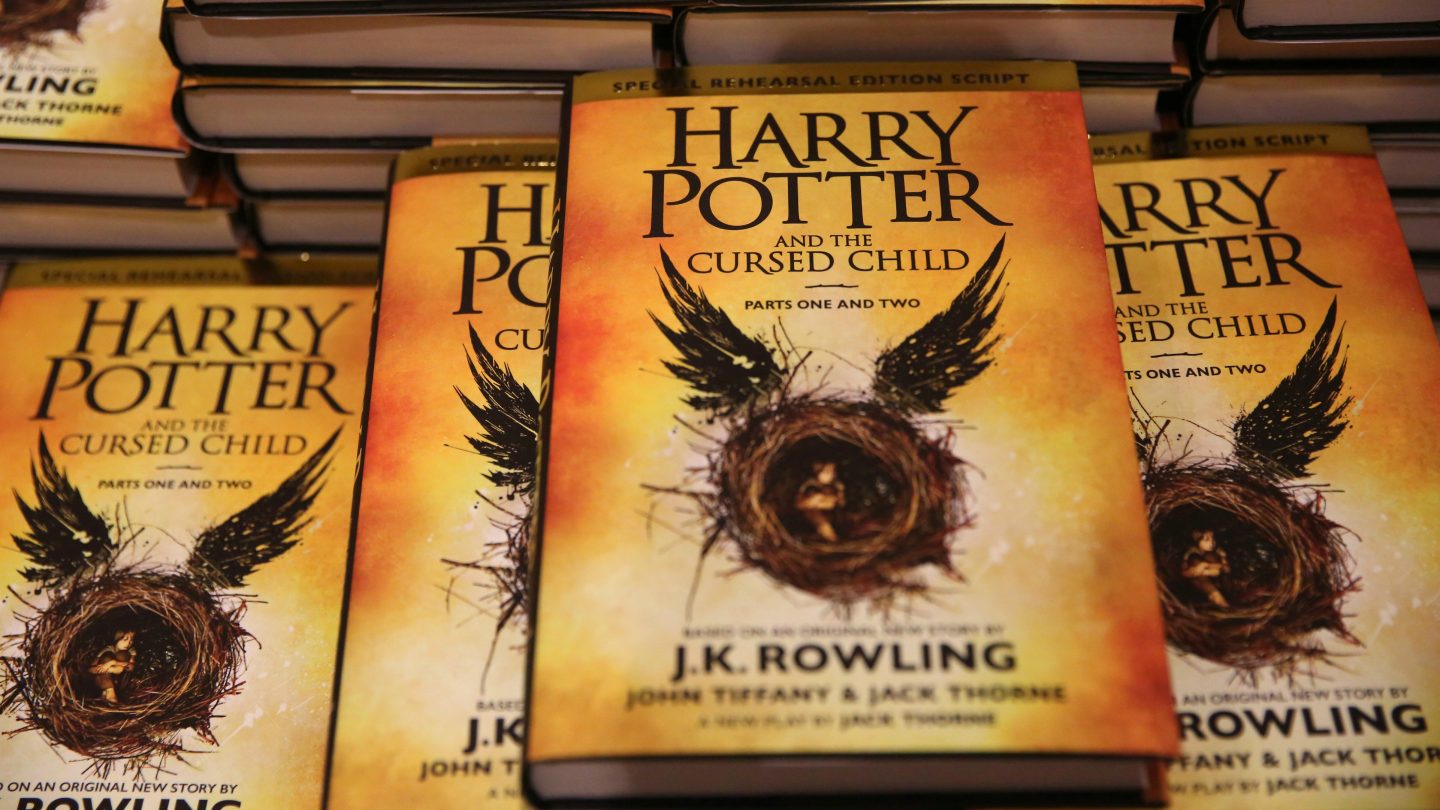“What is love?”
Considering the countless slam books I was basically forced to fill out every free cut in grade school, it’s so easy to assume that I already had this question figured out as early as the latter part of my childhood—but nope. As embarrassing as it is to admit, I would usually just steal a few song lyrics and pretend they were from my own “intelligent” mind. (I could faintly recall using a line from Eric Carmen’s “Love is All That Matters” and my classmates would genuinely think I came up with it. Shameless.)
In my defense, I had a one-dimensional impression back then that love strictly exists between two individuals who share a mutual romantic attraction. And what exactly does a fourth grader (whose closest encounter with “love” was classic love songs blasting from her parents’ boombox) know about this complex emotion?
It wasn’t until I turned 12 (or was it 13?) that I finally had a proper perspective on love—when my older sister made me watch a classic romance film with her.
Here’s how it went down: Living up to my title as the Insufferable Middle Child, I randomly barged into her room one day for the giggles. But instead of being welcomed by the usual sharp glare or annoyed grunt, I opened the door to my sister bawling her eyes out in front of her desktop. My initial response was to check what was on the screen that made her so emotional (especially since it was the first time I had seen her that way) and there, I saw a young woman walking down the chapel’s aisle.
Why is my sister crying? Aren’t weddings supposed to be happy? Do they not love each other? Are they forced to marry? They look willing, though.
These were the thoughts running through my head when my sister suddenly looked at me (with her swollen eyes and puffy cheeks) and tapped the empty space beside her. She played the movie back from the start—the title screen showing “A Walk to Remember.” Little did I know that this was what would help me shape my first-ever proper perception of love.
“A Walk to Remember” is a beautiful tale of love, loss, and redemption
Everything started with a chance encounter. Somewhere in North Carolina, two high school students from seemingly opposite worlds found themselves drawn to each other. Landon Carter (a popular rebel with a troubled past) and Jamie Sullivan (a shy and devout minister’s daughter) formed an unexpected bond that transformed their lives in ways they never could have imagined.
I was able to discover a story established around the fragility of life and the complexities that come with it. It also explored the notion of faith and redemption without being too heavy-handed
As they confronted the ups and downs of their budding romance, including the prejudice and expectations of those around them, Jamie’s unwavering faith and sympathy inspired Landon to become a better person. But their relationship was put to the ultimate test when Jamie revealed a devastating secret that threatened to tear them apart forever.
Taking it at face value, “A Walk to Remember” (both the novel and the film) could pass as your typical coming-of-age romantic media riddled with heartwarming clichés. As I began digging a little deeper, though, I discovered a story established around the fragility of life and the complexities that come with it. It also explored the notion of faith and redemption without being too heavy-handed.
But what actually made the film so special, at least in my book, was its ability to make the viewers feel as if they were part of the story. It touched on cruel realities (like illness and death) with sensitivity—all while breaking down the core concept of love sans the superficiality and materialism that characterize most high school romances.
Love as a transformative force
Listen, I might have had zero knowledge about love back then, but I knew a lot of adults around me who believed that if we truly love someone, we wouldn’t change anything about them. We would accept all of their flaws and shortcomings, no matter how “ugly” or “unpleasant” they are.
But seeing Landon turn into a better version of himself upon spending more time with Jamie, I realized that love doesn’t only come in the form of acceptance. Love may also come in the form of helping each other resolve our past mistakes and issues. Love manifests itself as an inspiration to grow and improve.

Mandy Moore and Shane West portraying the main characters of “A Walk to Remember”
On one hand, Landon’s love for Jamie motivated him to let go of his previous negative behavior and become a more compassionate and responsible person. It also brought him closer to his community as he learned to appreciate the people around him and the values they uphold. Jamie’s love for Landon, on the other hand, inspired her to overcome her shyness, pursue her passion, and enjoy life despite her illness.
Love is sacrificial and selfless
I don’t think I can stress this enough: Landon’s character development was one of my favorite things about “A Walk to Remember,” and it culminated in the scenes where he fulfilled Jamie’s bucket list. He set aside his own desires and priorities just to make her final days as happy and as fulfilling as possible—a powerful move that highlighted the depth of Landon’s love.
His willingness to go above and beyond to make Jamie’s wishes come true served as a reminder to my younger self that true love is about putting someone else’s needs before our own and making inevitable sacrifices for the people we care about.
Knowing our worth and boundaries is crucial in creating a meaningful and sustainable process of love reciprocation
And although I don’t necessarily agree with this concept now that I’m older, I still believe that there’s a certain degree of truth to it. Love can require sacrifice, compromise, and putting others first, but it’s important to remember that this shouldn’t come at the cost of our own well-being or happiness. It’s about finding balance and making sure both parties are cared for and fulfilled in the relationship.
Without romanticizing it, we find beauty in grief
In a nutshell, “A Walk to Remember” showed that love can be a complex and multifaceted emotion that can bring us both joy and sorrow. Jamie’s eventual passing was undoubtedly the most tragic aspect of the story, but it also served as a bittersweet reminder that even in the face of death, love endures.
Landon’s commitment to fulfilling Jamie’s final wishes and his decision to carry on her legacy through his own life was proof enough that despite the hardships, love can bring meaning and purpose to life and leave a lasting impact on those who experience it. He carried her memory with him and found comfort in the love they once shared.
Final thoughts (as a fully grown adult)
I still shed tears rewatching “A Walk to Remember,” but my concept of love has completely evolved over the years. As someone who has witnessed failing relationships and quick “turnovers” (if you know what I mean) among my circles, I’ve long accepted that love isn’t as perennial as the film made it out to be. Human emotions are fickle and fragile. They can change, evolve, and even fade away with time—and that’s completely okay.
While my concept of love has become more realistic and grounded, the lessons that “A Walk to Remember” has imparted would remain powerful and relevant
I’ve also come to appreciate the role of self-love in fostering healthy relationships—romantic or not. Knowing our worth and boundaries is crucial in creating a meaningful and sustainable process of love reciprocation. Love is a journey of self-discovery and growth—and it requires patience, compassion, and understanding. We must put in the work to build healthy relationships, but we must also learn to let go when necessary.
While my concept of love has become more realistic and grounded, the lessons that “A Walk to Remember” has imparted would remain powerful and relevant. It has been over two decades since the film was released, but viewers across generations continue to resonate with its timeless theme. There were even discourses on social media last year about a possible reboot. Although it’s highly unlikely (as they should because I don’t think anything could capture the magic of the OG), the fact that it was even being discussed by viewers shows the unfaltering appeal of the story.
Read more:
Love is “utang na loob” and other misconceptions I’ve learned
Life is more than our romantic relationships
This is an ode to stories, the only way I’ve understood love
Art by Yel Sayo
Stills from “A Walk to Remember” (2002)
























Comments